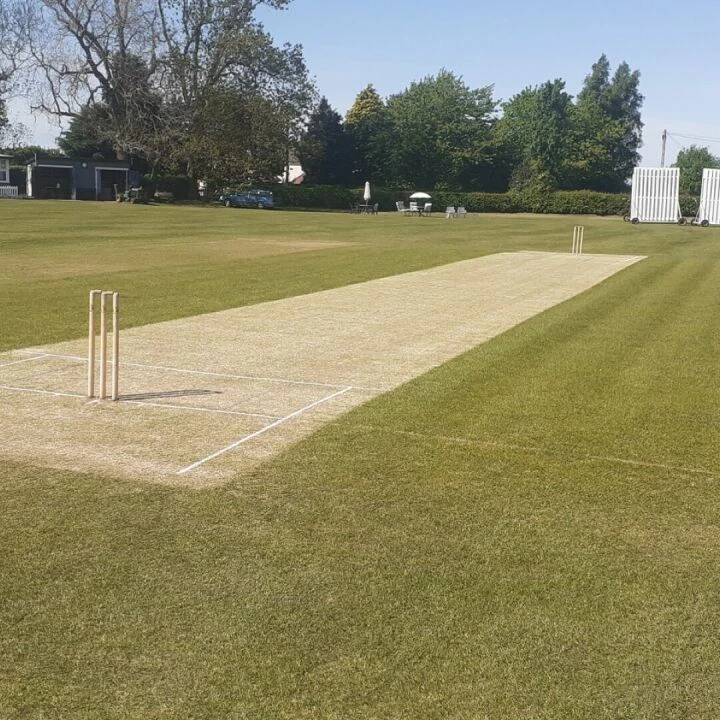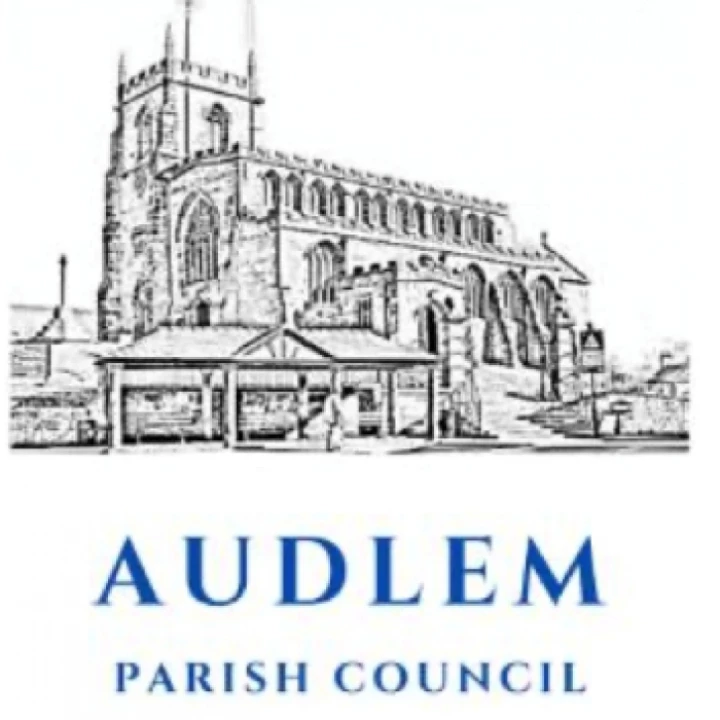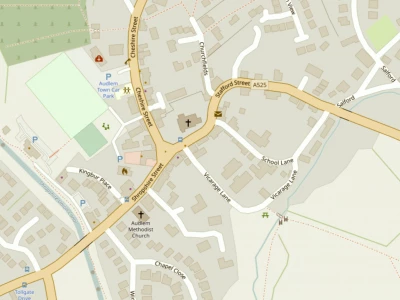







Lister performs the first operation using an antiseptic.
Glasgow The 17th of June 1867
Medicine made several great leaps in the middle of the 19th century, for example in the 1840s anaesthetic (other than the ingestion of enormous amounts of alcohol previously used) began to be used in operations, reducing the shock undergone by patients. A decade or so after this the work of Pasteur showed the existence of germs, and the French innovator suggested germs were at the heart of infections.
Joseph Lister read Pasteur's work, and made the leap from accepting the existence of germs as the cause of putrefaction in wounds to the use of carbolic acid as a way of killing those same germs. Prior to Lister's breakthrough the theory ran that oxygen caused some strange form of combustion in wounds, so they were doused in water or sometimes covered in resin to prevent this, to no positive effect.
Lister had read of the successful use of Carbolic acid in cleansing sewers in Carlisle , and of reductions in disease in cattle on land fertilised with sewage once carbolic acid had been applied to it. He began in 1865 experimenting with carbolic acid, in a refined form, in treating wounds, ulcers and abscesses, with generally highly positive results, and in June 1867 took his work the next step further, sterilising surgical instruments and using 5% carbolic on the patient – he even had assistants spray carbolic acid in the air of the theatre to kill airborne infections, and realised that porous materials such as wood harboured germs, so stopped their use in instrument handles etc.
In spite of the living proofs of his work – his operation survival rate went through the roof as soon as he began the use of carbolic acid – some other surgeons were offended at the idea of having to clean their hands, of having to wear gloves even – and the conservative medical hierarchy took time to accept his pioneering work as valid. This was partly, it seems, as he was a professor at Edinburgh 's medical school and then Glasgow's, and the London dominated profession found it hard to stomach the idea of a mere provincial telling them how to go about their work.
Eventually in 1877 Lister became professor of surgery at King's College in London , and his work was accepted as more authoritative, a situation reinforced when he was appointed surgeon to Queen Victoria .
This article is from our news archive. As a result pictures or videos originally associated with it may have been removed and some of the content may no longer be accurate or relevant.
Get In Touch
AudlemOnline is powered by our active community.
Please send us your news and views using the button below:
Email: editor@audlem.org


